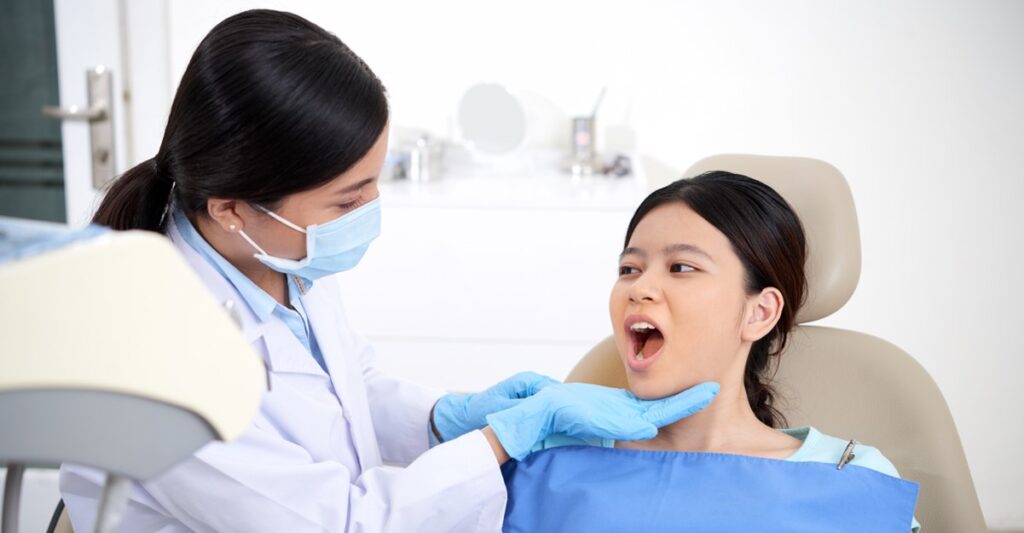Chemotherapy, or “chemo,” is a widely used treatment for cancer. However, its side effects—such as fatigue, nausea, appetite loss, mouth sores, and weakened immunity—can impact a patient’s daily life and well-being. Post-chemo recovery requires careful nutritional support, as good nutrition plays a vital role in cell repair, immunity boosting, and overall health preparation for future treatments.
Why Nutrition is Crucial for Recovery
- Cell Repair: Chemo targets rapidly dividing cells, affecting both cancerous and healthy cells, such as those in the gastrointestinal lining and immune system. Proper nutrition supports the repair of damaged cells and the creation of new cells, particularly in the gut and immune system.
- Immunity Support: Chemo suppresses the immune system, increasing infection risk. Essential nutrients—vitamins, minerals, and antioxidants—help restore immune strength, reducing the risk of infection-related complications.
- Energy Restoration: Since chemo causes physical fatigue, foods rich in carbohydrates and healthy fats provide the energy needed for recovery.
- Preparing for Further Treatment: A well-nourished body can handle ongoing treatments better, with reduced risk of side effects.
Key Nutrients for Post-Chemo Recovery
- Protein: Essential for tissue repair and immune health. Sources include fish, chicken, eggs, milk, beans, and tofu. Aim for 1.2 – 1.5 grams per kilogram of body weight daily.
- Complex Carbohydrates: Provide sustained energy and help manage blood sugar levels. Examples include whole grains, brown rice, and whole-wheat bread. Avoid simple sugars.
- Healthy Fats: Support vitamin absorption and provide energy. Choose unsaturated fats from olive oil, avocados, nuts, and fish, while limiting saturated and trans fats.
- Vitamins and Minerals: Strengthen immunity and aid various bodily functions. Key vitamins include C, E, zinc, and selenium, found in vegetables, fruits, and grains.
- Hydration: Drinking plenty of water helps flush out toxins and prevent dehydration from side effects like diarrhea or vomiting.
Choosing the Right Foods
- Easy-to-Digest Options: Soft foods like porridge, soups, and steamed vegetables reduce the digestive burden.
- Clean and Fully Cooked Meals: Cooking thoroughly reduces infection risk when immunity is low.
- Mild Flavors: Gentle flavors minimize mouth and throat irritation.
- Frequent, Small Meals: Frequent, smaller portions prevent nausea and ensure nutrient absorption.
- Variety: A diverse diet provides all essential nutrients and helps prevent food fatigue.
Example Recovery Meals
- Proteins: Steamed sea bass, baked salmon (rich in omega-3), boiled chicken breast, steamed tofu, and milk.
- Carbohydrates: Brown rice, sweet potatoes, steamed taro, and whole-grain bread.
- Healthy Fats: Avocados, olive oil, sesame seeds.
- Vitamins: Steamed leafy greens (spinach, kale, broccoli), carrots, and pumpkin.
Additional Recovery Aids
- PVP Gel: Mouth sores are common among chemo patients, making eating painful. PVP Gel coats sores, reducing pain and allowing comfortable eating. This helps patients maintain adequate nutrition, promoting energy and resilience for further treatment.
- Immunex FOS: A prebiotic that promotes gut balance, reduces constipation, and supports immune health. Containing fructooligosaccharides, Immunex FOS provides natural fiber that aids digestion, without disrupting cancer treatment.
Extra Tips for Recovery
- Practice Hygiene: Clean hands before meals, and choose freshly cooked foods to reduce infection risks.
- Get Ample Rest: Rest promotes faster recovery and strengthens immunity.
- Engage in Light Exercise: Activities like walking and yoga improve circulation, digestion, and immune function.
- Mental Health Support: Maintain a positive outlook and surround yourself with supportive friends or groups for emotional resilience.
At Genkihouse, we encourage all cancer patients on their journey to recovery. 💖
💡 Order PVP Gel or ask for more info from pharmacist on LINE @genkihouses



